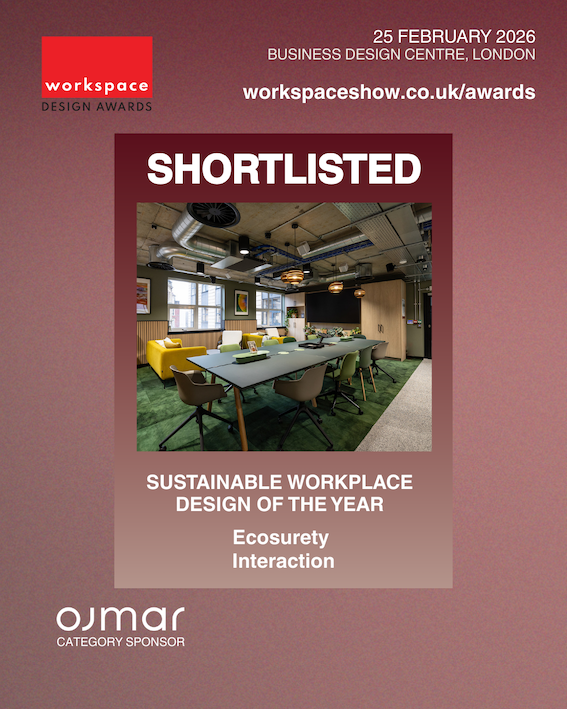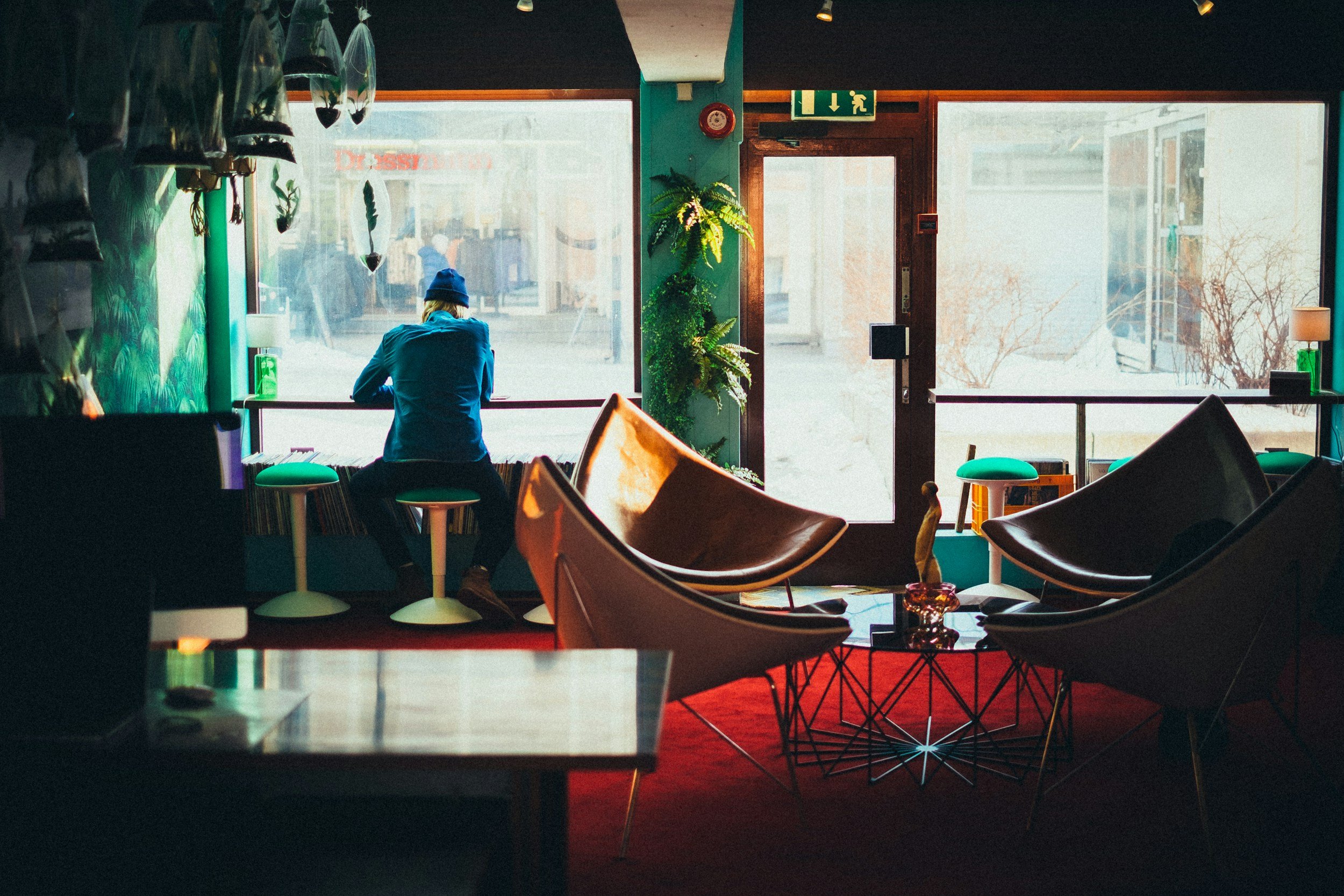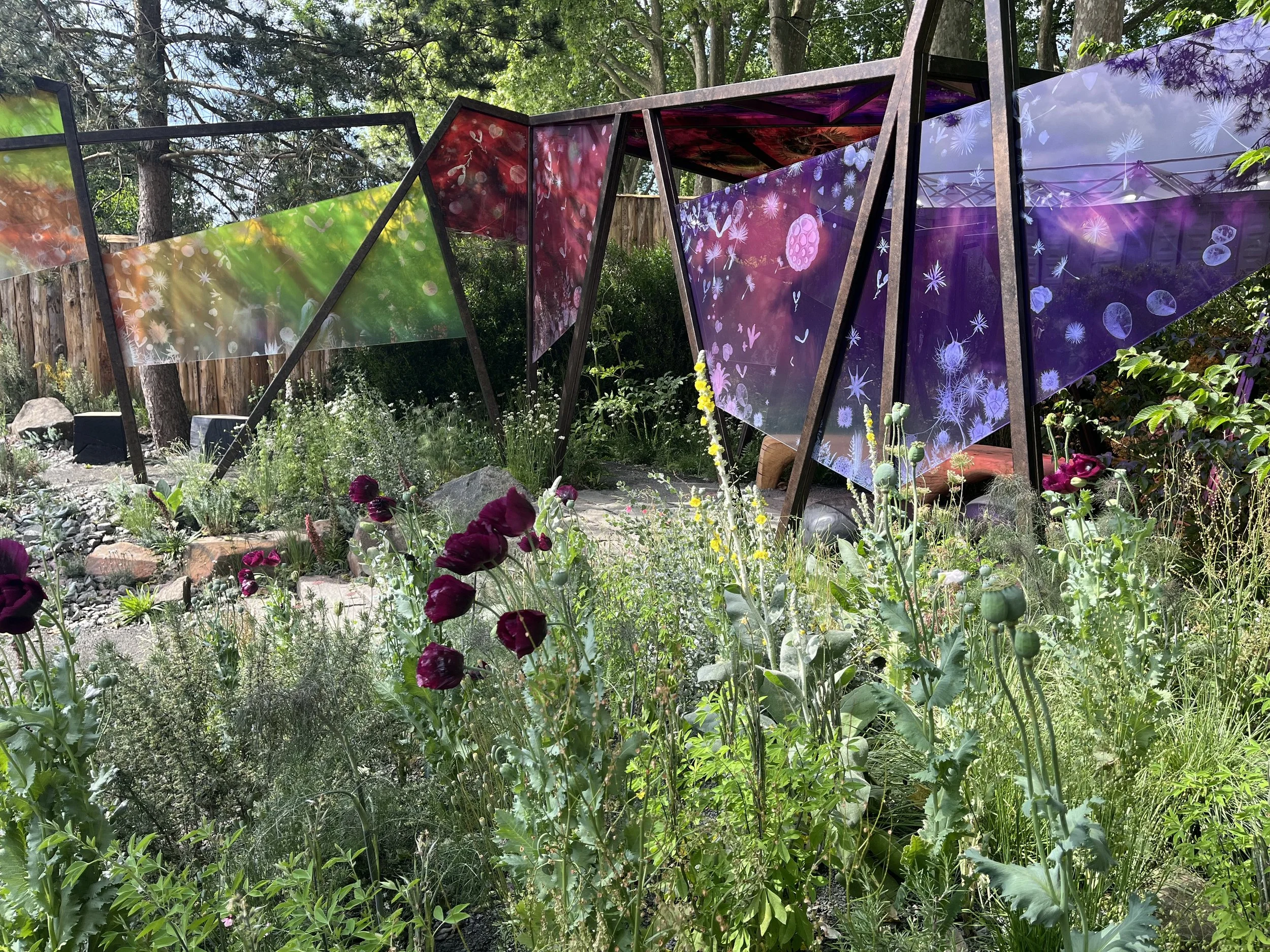At its core, Biophilic Design is not about plants or aesthetics. It is about designing the conditions in which humans function best, drawing on our innate biological responses to light, nature, materiality, rhythm, refuge, connection and sensory balance. In other words, it provides a tangible way to turn cultural intent into lived experience.
Culture as an operating system is expressed not only through policies and leadership behaviours, but through the environments people inhabit every day. Spatial hierarchy, access to daylight, acoustic control, choice and autonomy, visibility, and opportunities for connection all send powerful signals about what is valued. A workplace that offers psychological safety, dignity, and agency does not rely solely on behavioural KPIs to reinforce culture — it embeds it into the system itself.
Similarly, as leaders become the primary interface of culture, the environments they operate within either support or undermine their ability to lead well. Biophilic workplaces reduce cognitive load, stress and fatigue, enabling better judgement, emotional regulation and decision-making. This matters when leaders are being asked to hold complexity, have difficult conversations and support mental health alongside performance. Capability does not exist in isolation from context.
CPOs’ deliberate reframing of wellbeing as performance infrastructure also aligns strongly with biophilic principles. Decades of research link exposure to natural light, views of nature, sensory variability and restorative spaces with improved concentration, faster recovery from stress, reduced absenteeism and stronger engagement. This is not a trade-off between care and results; it is a performance strategy grounded in human biology. READ on



















